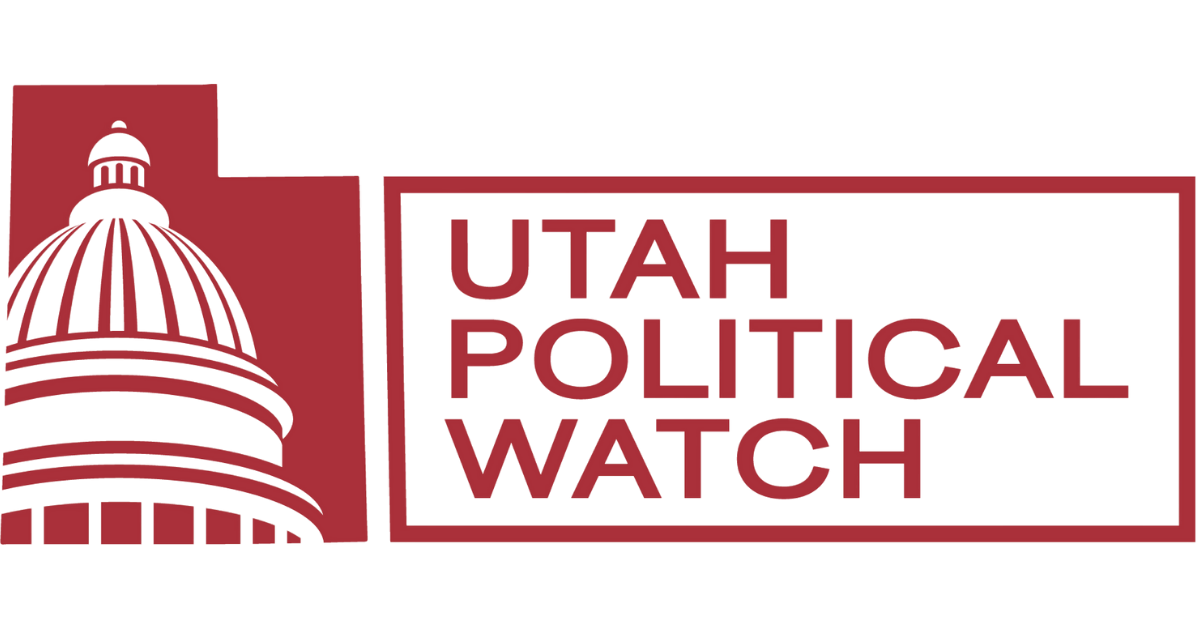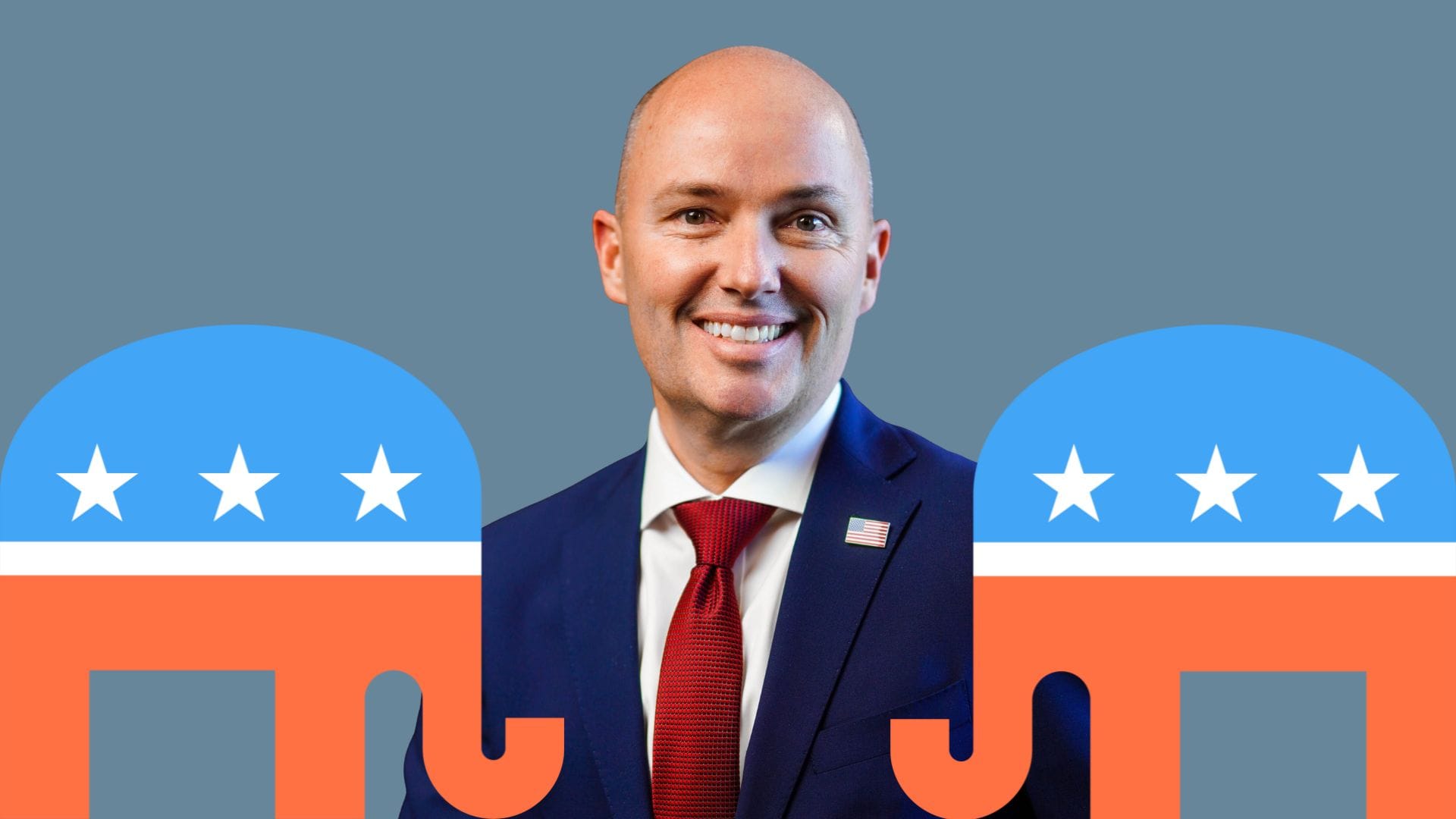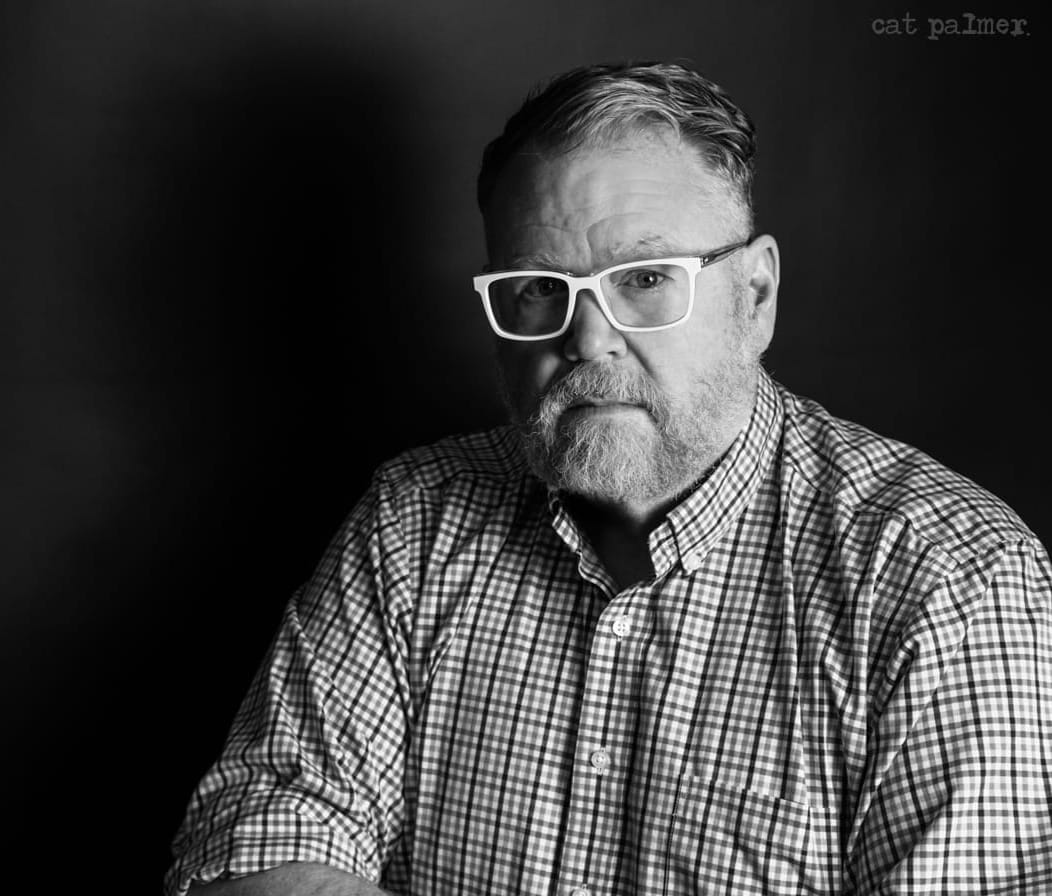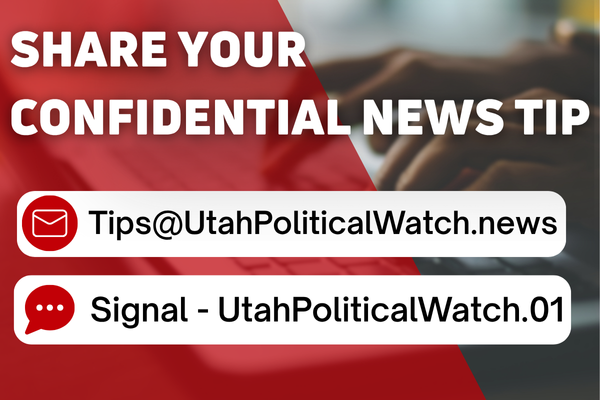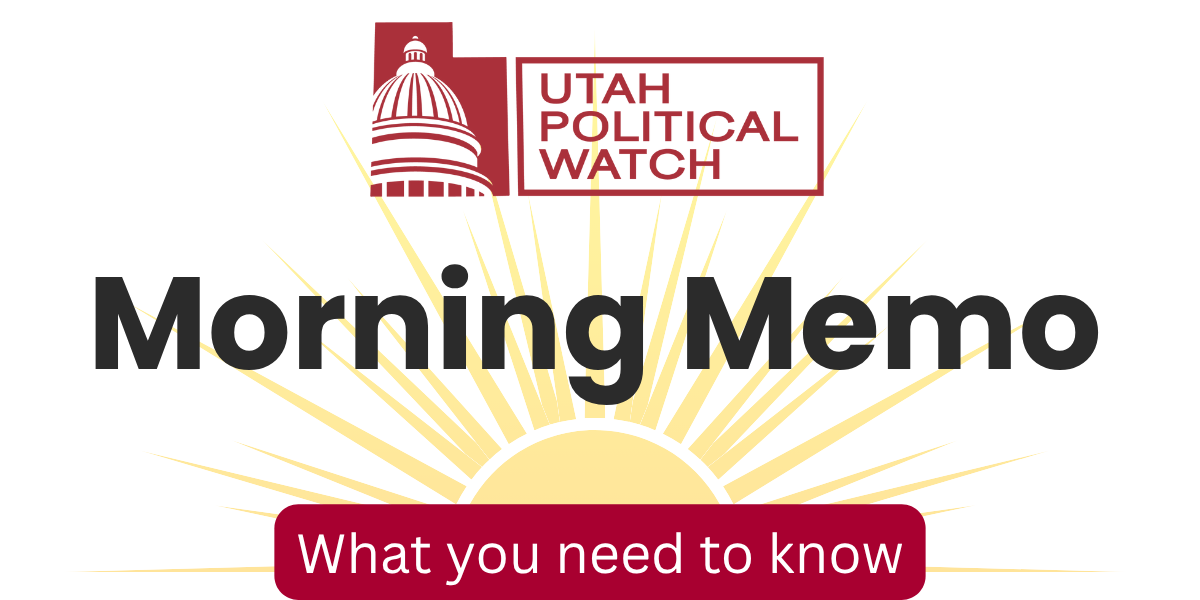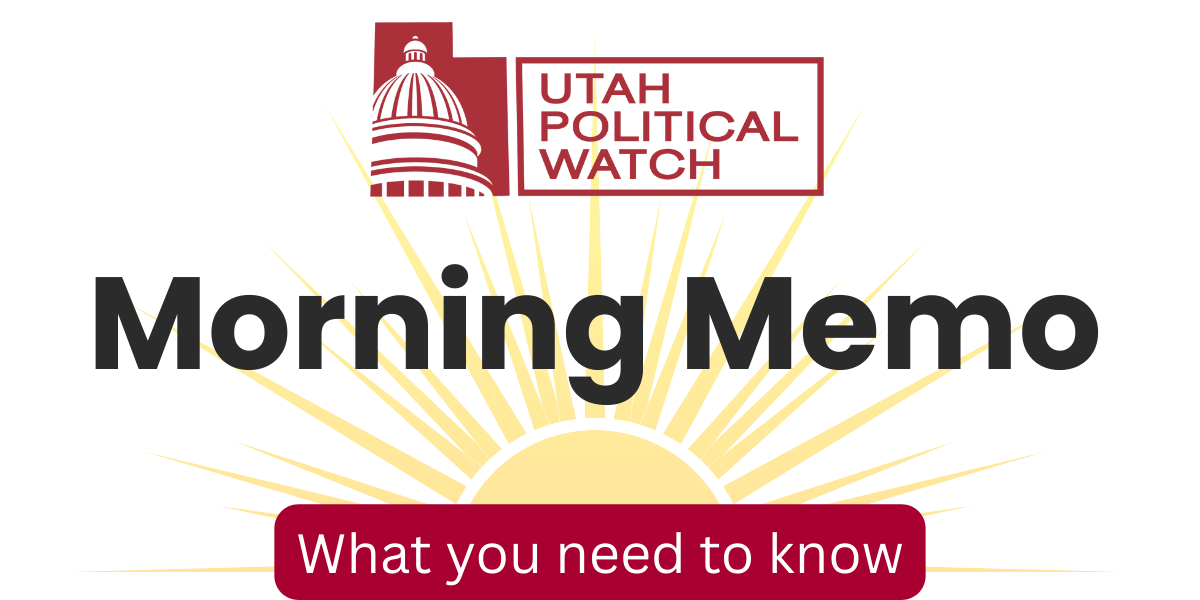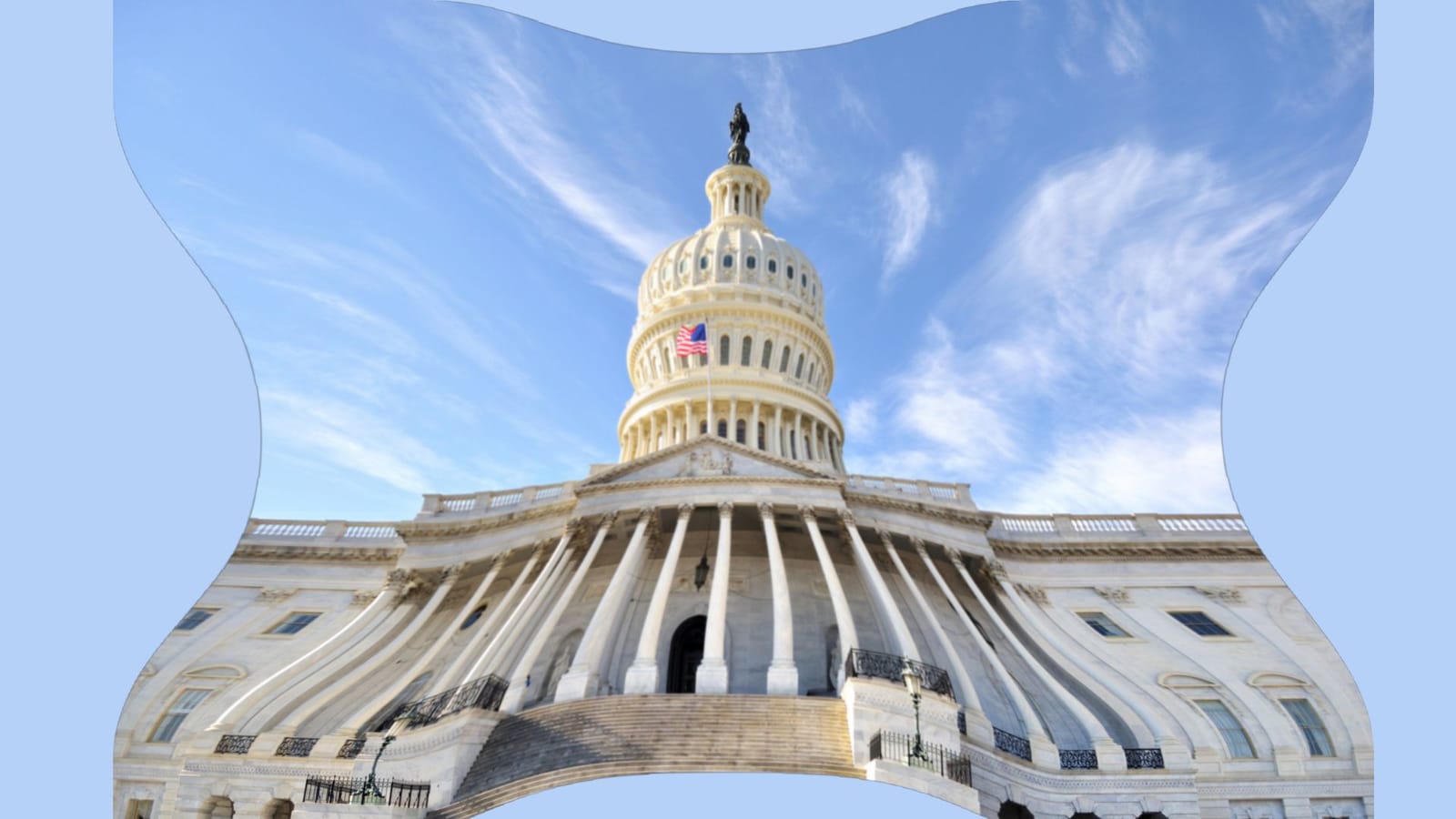There are three years until Utah’s next gubernatorial election, but two Republicans who are said to be eyeing Governor Spencer Cox’s job are facing an awkward reality: Cox is much more popular than they are.
A new poll from Noble Predictive Insights, shows Cox, who has already announced he won’t seek a third term, enjoys a fairly robust public profile among Utah voters.
Cox’s net favorable rating sits at a respectable +22 with 55% of Utahns saying they have a favorable impression of him, while 33% view him unfavorably.
There’s a stark disconnect between party insiders and regular Republican voters. While convention delegates loudly booed Cox at the 2024 state convention, rank and file Republicans tell a different story. 68% of Republican voters say they have a favorable view of Cox, including 31% who view him very favorably. Just 24% of GOP voters have a negative view of the job he’s doing as governor.
On the other hand, Utah Democrats are deeply negative about Cox, with 63% viewing him unfavorably compared with just 29% who have a positive impression of him. Among voters who don't belong to either party, Cox's net approval is in positive territory at +9, with 44% viewing him favorably and 35% unfavorably.
Cox’s positive approval rating probably can be linked, at least in part, to his response to the murder of conservative influencer Charlie Kirk at Utah Valley University in September. Cox has received national attention for his outspoken criticism of the role social media has played in creating an environment that fosters political violence.
The public perception of Cox shows the minefield awaiting his potential successors, who must navigate between appeasing convention hardliners and appealing to a broader electorate that clearly likes what Cox is selling.
Phil Lyman, who lost two elections to Cox during the 2024 cycle, has been one of his biggest critics since then, posting a constant stream of venom about Cox and his administration to social media since last November.
Lyman’s scorched earth strategy against Cox appears to be backfiring spectacularly, as more Utahns view him negatively than positively. Just 17% say they have a positive view of Lyman compared with 27% of Utahns who view him negatively, giving him a net favorable rating of minus 10.
Lyman soundly defeated Cox in the delegate vote at last year’s Republican State Convention, but lost to Cox in the GOP primary election. He then launched a write-in effort for the general election, where he finished in third place behind Cox and Democrat Brian King.
While Republican convention delegates treat Lyman like a conquering hero, that's not the case with actual GOP voters. Just 21% of Republican voters view him positively, and more Republicans dislike him (25%) than support him.
The real kicker? After two statewide campaigns and near constant posting on social media, 54% of Republicans either have never heard of him or shrug when asked their opinion. Hardly the ingredients needed for a vibrant political movement.
Outside the Republican bubble, Lyman is electoral poison. Democrats despise him–his net favorable stands at minus 41. Independents aren't buying what he's selling, either, giving him a minus 11 rating. Even in deep red Utah, Republican candidates need some crossover appeal to win a statewide contest. These numbers threaten to doom any future electoral effort from Lyman.
Lyman has already said he plans to run for governor a second time in 2028. He’s got a lot of work to build up his name ID before that. Most Utahns say they either have no idea who he is (29%) or have no opinion about him (27%). After two high-profile campaigns, that level of anonymity suggests his message isn’t resonating beyond his base of support.
Another Republican who appears to be positioning himself for a gubernatorial run in 2028 is House Speaker Mike Schultz. The Utah House is paying approximately $6,000 monthly to Northbound Strategies, a consulting and PR firm, for services that include producing slick videos featuring Schultz discussing policy priorities.
Schultz’s approval rating is in positive territory (+6), with 32% of voters saying they view his job as leader of the Utah House positively, while 26% feel negatively about that work. However, only 7% of respondents say they feel very favorable about Schultz. Those tepid numbers suggest Schultz’s charm offensive is generating awareness, but not much enthusiasm.
Republican voters actually like Schultz. He has a healthy +28 net favorability among that group (32% somewhat favorable/11% very favorable). That's still more than 15 points behind Cox's favorability with Republicans.
Among non-Republicans, Schultz's standing is abysmal. His net favorability with Democrats is minus 41 (11% favorable/52% unfavorable). Independent voters give him a minus 11 (22% favorable/33% unfavorable).
Like Lyman, Schultz still needs to do more to boost his name ID if he does launch a run for governor in 2028. Nearly half of respondents say they don’t know who he is (14%) or have no opinion about him (28%).
The survey was conducted September 22-26, 2025 among 621 registered voters in Utah with a margin of error +/- 3.93%.
